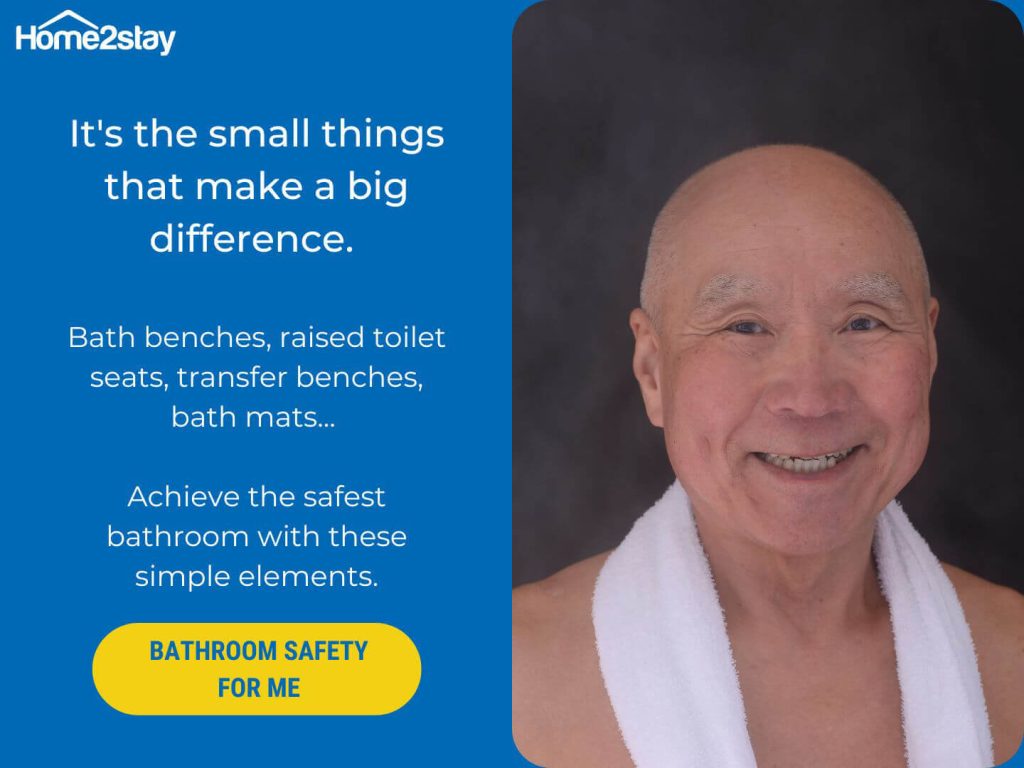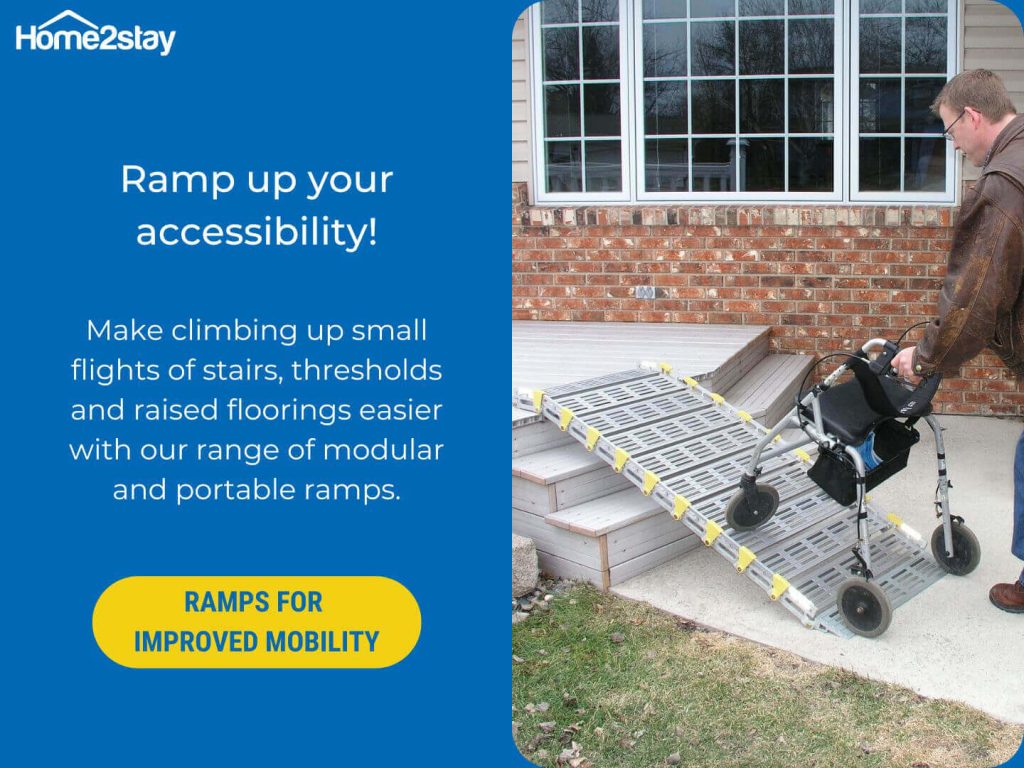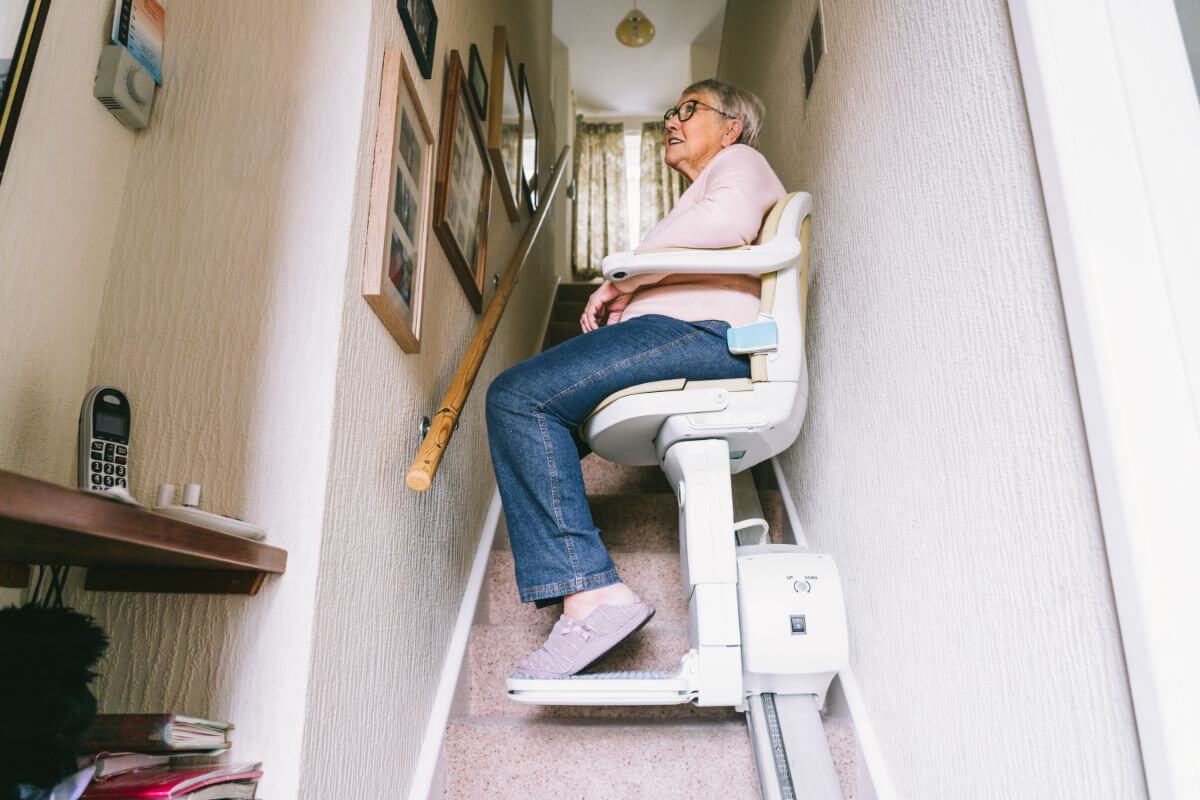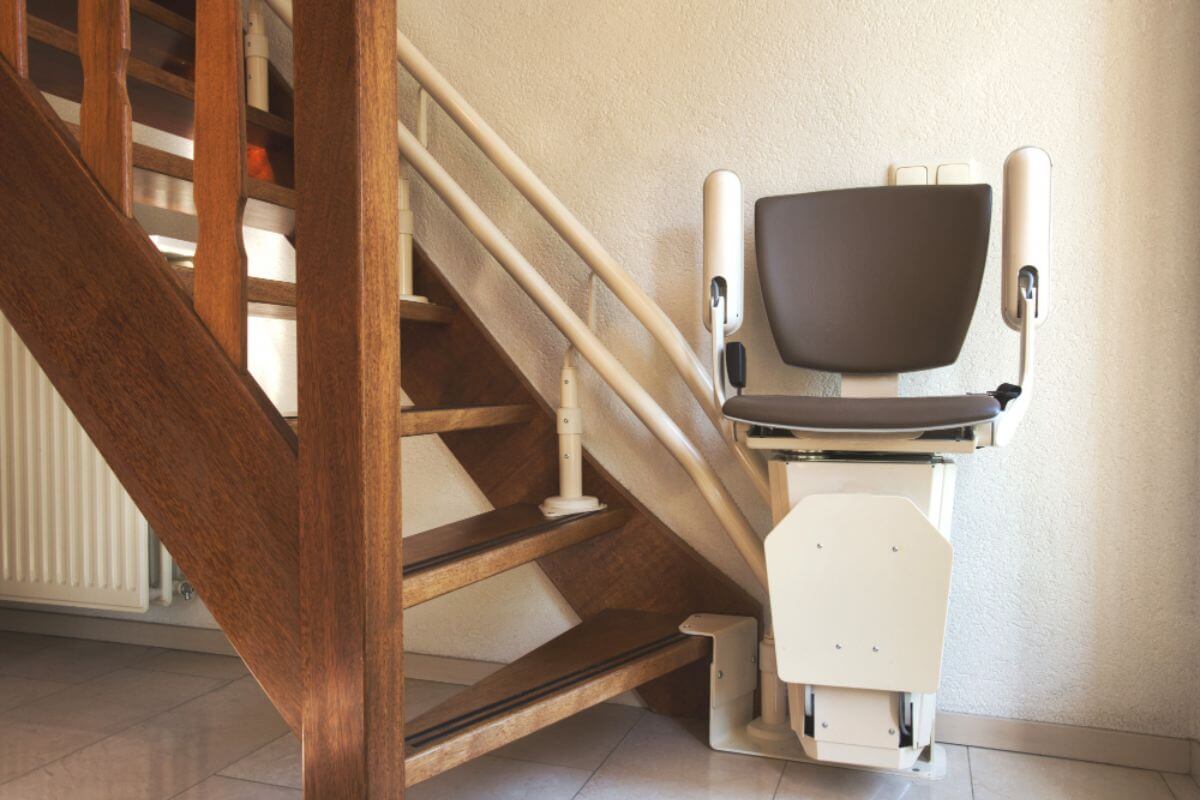5 Crucial Signs That Your Aging Loved Ones Need Help

If you have aging parents or deal with elderly loved ones, you’ll know that getting older is not an easy process. Going old is a privilege, but it’s definitely not all roses and sunshine.
Dealing with your aging parents or grandparents can be tricky. It is important to know the signs that might indicate your parents are simply getting older and just want to relax, or if something more serious is going on that needs your assistance. The best thing to do is to know what to look out for and not just assume the worst or the best.
The elderly usually don’t want to ask for help directly- Looking after your parents or grandparents from a distance may make it difficult to gauge whether you need to be involved. Occasionally, it takes a severe illness to make it apparent that help is needed.
If you live far away from your aging loved ones, you might need to do some detective work to find out if they require support or assistance.
Although regular phone calls or video calls are great, they’re not the best way to get a true picture of what’s happening. Elderly family members may not want to bother you or may feel embarrassed to admit that they struggle with some daily tasks.
Evaluating Changes in an Aging Parent’s Behavior
It could be challenging to spot behavioral differences in your aging parents when you don’t regularly visit them. Senior parents may cease participating in events, fail to take their medications, or stop caring for themselves or their home.
These warning indicators might not seem significant, but they are essential for an elderly parent or relative’s safety and well-being. You may wish to reach out to local family members, friends, or medical professionals who frequently interact with your elderly loved one and ask them to contact you if they observe any concerning behavior.
Early detection and prevention are important- so call your elderly parents and grandparents regularly so you can gauge when something is off with their behavior.
Most people confuse signs of depression in older people as normal aging. An older person who is depressed may perk up for a phone call or brief visit, but it is more difficult to mask serious mood difficulties if you see them regularly.
Apart from their behavior, you can observe signs based on their home’s overall condition and physical surroundings- does it look like they are maintaining/cleaning their home? Are there safety and accessibility concerns within their home or in the neighborhood where they live?
Let’s take a look at the specific signs that your aging loved ones need help:
Difficulty performing daily activities
Due to physical limits brought on by aging, once-simple tasks can become challenging. Getting out of the shower or bathtub while still wet increases the risk of slipping and falling for your elderly loved ones.
They may struggle to accomplish things like washing their clothes, flossing, and brushing their teeth; and as a result, they may choose to put off or limit these simple tasks. Whether self-care activities are physically challenging or overwhelming for our elderly relatives, it affects their hygiene.
- Personal hygiene and grooming
You may notice that their hair is especially dirty, that food is constantly lodged in their teeth, or that they’ve developed a bad odor. We are often concerned about the hygiene, or lack thereof, of our elderly loved ones, especially if they were previously well-groomed.
Neglecting personal hygiene and grooming can be a sign of cognitive issues (forgetting to take a shower or thinking they already did when they haven’t) or mobility issues (they struggle to clean themselves, so they put it off).
- Getting dressed
Getting dressed is one of the most important things a person can do for their health and well-being. It’s also something that many aging parents struggle with regularly.
Are your aging parents wearing the same outfit three days in a row? Do you observe them wearing unclean clothes or dressing inappropriately for the season or weather? These signs could indicate that they are having difficulty putting on clothes.
- Going to the toilet and incontinence
Many senior citizens experience some strength and flexibility loss over time, which can make it more difficult to carry out regular tasks like cleaning up, going to the bathroom, and sitting and standing from the toilet seat.
Studies have shown that over 65% of persons over 65 are thought to experience constipation, which can be brought on by a variety of things, including poor diet, inactivity, side effects of medicine, or an underlying medical disease like irritable bowel syndrome.
Constipation most frequently includes signs like less than three bowel movements per week and straining during stool motions. Constipation can cause a variety of problems, including stomach pain, hemorrhoids, and stress, which can express as irritation, agitation, violence, or even delirium.
Some aging parents may also experience fecal incontinence, which is the inability to regulate bowel movements, in addition to urinary incontinence, which is the loss of bladder control. This may make it challenging to use the restroom on time and increase the risk of accidents.
-
- Walking and moving about
Changes in balance, strength, and mobility are common side effects of aging. If you see your elderly parent hunching over or needing more assistance when standing up, then this could indicate mobility issues.
Do your elderly parents only leave the house for essentials like medical appointments, special family celebrations, or other significant occasions? If your elderly parents are staying inside because they are having trouble getting around or doing their everyday activities, then this is a sign that they need help.
-
- Feeding oneself
- Feeding oneself
Older persons frequently develop eating issues over time for a variety of reasons. Some seniors may find it more difficult to remember to take their meals as a result of cognitive decline, while others may find that eating seems less important as a result of changes to their sensations of taste and smell.
Some aging parents stay away from the kitchen because they struggle with their motor skills or mobility and find cooking to be risky or distressing. Meanwhile, various drugs, chronic conditions, and mental health issues, including persistent stress or social disengagement, can also have appetite-suppressing effects.
Your elderly loved ones may have an underlying medical condition if they appear to have difficulty eating or appear anxious about particular foods and beverages. For instance, dysphagia, or trouble swallowing, affects up to 15% of people who are 65 or older and is a common health concern among seniors.
Changes in physical appearance and capacity
If your senior loved one isn’t taking care of themselves as well as they once did, it shows in their physical appearance. It may be an indication of depression, a drug reaction, excessive drinking, or memory loss.
- Significant weight loss
Seniors frequently lose weight unintentionally. It may be linked to illness and increased mortality. Although some weight loss is a common side effect of aging due to the gradual loss of muscle mass, losing a significant amount of weight quickly can be a sign of an underlying problem.
Losing weight might have a variety of other effects on your parents’ lives. Significant weight loss negatively impacts health in the form of greater fatigue, decreased daily functioning, increased risk of accidents, and worsened mood and cognitive issues.
Significant weight loss may be due to difficulty with cooking, eating, food shopping, and other daily activities. On a more serious note, there may be an underlying illness causing significant weight loss in your aging parents such as cancer, Alzheimer’s or dementia, hyperthyroidism, or other illnesses that are linked to weight loss.
- Bruises, cuts, or other physical injuries/scars
You might observe that your parents’ bodies are developing unexplainable bruises, wounds, or scars. Keep in mind that as one becomes older, bruising becomes more likely.
Your parent might not remember tripping or bumping into anything, or having any sort of mishap. However, even slight hits can result in bruising and show outward symptoms of harm. The majority of bruises and other visible symptoms of injury on the skin’s surface are harmless and will simply go away with time.
However, if your parent bruises easily, it may also be a sign of a more serious issue. Easy bruising may point to an ailment or cause blood clotting, both of which are more significant problems. If your parents live alone, they are also more likely to fall or have an accident.
Behavioral and mental health changes
For family members, the feeling that an elderly parent or relative they’ve known for years has suddenly turned into a stranger is a common occurrence. Children may start to feel like their parent is no longer the reassuring presence they once knew, and spouses who have been through decades of blissful marriage may feel as though they barely recognize the person they wed.
A variety of different medical conditions or circumstances might cause personality changes in elderly people. These kinds of behavioral and mental changes could be a sign of underlying medical problems that need to be treated.
- Depression
Even though depression in older adults is common, it should not be disregarded. Each person has a unique experience with depression. Additionally, every individual has a unique cause for experiencing depression.
You might notice that your loved one is no longer as enthusiastic about their once-passionate daily pursuits and pastimes. They may also appear perpetually depressed or helpless and lack desire and energy in general. Look for any of these typical depressive symptoms in your parents. Although depression is sometimes mistaken for sadness, your loved one may be suffering from depression even if they don’t seem to be.
There are a variety of additional symptoms that may point to depression in your loved one. Seniors who are depressed may also exhibit a lot of physical symptoms. This may explain why they complain about headaches or joint pain.
- Difficulty sleeping
People may have more trouble falling asleep as they age. In extreme circumstances, sleep deprivation can result in memory loss, confusion, sadness, and a reduction in a person’s mental capacity. Given that it might manifest symptoms similar to dementia, sleep deprivation may be challenging to diagnose.
Ask your elderly parents if they’re sleeping well or if possible, observe them as they sleep. Watch out also for dark circles under the eyes, frequent sleepiness, tiredness, and irritability, which may all point to a lack of sleep.
- Aggression and irritability
Oftentimes, people find it difficult to express sadness. Because anger is a more socially acceptable emotion than melancholy, an elderly person may become verbally or emotionally abusive towards their loved ones to communicate their rage and hostility rather than cry to show their sadness.
Even if it might be challenging to handle this kind of behavior, realize that this type of fury may be an indication of a deep, underlying sadness brought on by the loss of loved ones and freedom. Practice empathy and consider seeing a doctor with the older person to rule out any underlying health issues.
- Distorted time perception
Dyschronometria is a cerebellar dysfunction disorder in which a person has trouble estimating how much time has elapsed (i.e., distorted time perception). It is linked to cerebellar ataxia, a condition in which the cerebellum has suffered an injury and is not operating at its full capacity.
Common symptoms of dyschronometria are loss of spatial awareness, poor short-term memory, and trouble keeping track of time. Though not fully understood, the most basic characteristic symptoms include time perception.
People who are impacted can do a simple activity for a brief period before getting off track. This may be the result of a loss of concentration, but more frequently than not, the affected person loses their sense of direction and becomes disoriented.
- Loss of interest in activities they used to enjoy
As they age, your parents could stop participating in things they formerly loved, such as attending bingo nights, visiting with family, going on trips, etc. This can be due to mobility concerns that make them hesitant to leave the house or the fact that being surrounded by a lot of people is stressful.
Although wanting to be alone from time to time is understandable, isolating oneself completely raises the risk of depression, behavioral disorders, and other health problems.
Neglecting household maintenance
Every home needs some basic maintenance, but as people age, this job can become more challenging for your elderly parents. Keeping up with home maintenance can cause significant stress. Additionally, a poorly maintained home may be detrimental to the emotional health of your loved ones.
When visiting your parents, do you notice that the yard is unkempt, and do you wonder when was the last time the lawn was mowed? Have you noticed that the house’s interior hasn’t been vacuumed or mopped in a while? Are things out of place much more frequently than usual?
If your loved one has always been tidy and well-organized, don’t dismiss this behavior as being the result of laziness. The messy house could be a sign of bigger issues that shouldn’t be disregarded. And simply assisting in cleaning up the house is insufficient. The status of the house may be an indication that your loved one needs help and is close to becoming more dependent on others.
Cognitive, memory and judgmental changes
Older adults frequently forget small details, such as where they put their keys or the name of a well-known celebrity. However, dementia can develop in up to 10% of adults over 65 and 50% of people over 85. Memory loss, poor judgment, communication difficulties, attention problems, and reduced visual vision are all signs of dementia in some circumstances. When memory loss affects an elderly person’s daily activities, it needs to be assessed right away.
Memory loss might be an obvious aging symptom, but if it starts to interfere with daily life it is frequently a sign of dementia or Alzheimer’s disease, brain conditions that cause a steady decline in thinking and reasoning abilities as well as memory. If you observe your parent repeatedly forgetting things like important events and appointments, losing their car keys, or forgetting terms and names, make a mental note of this. Everybody occasionally forgets things, but when it starts to become a trend, it can be problematic and call for more support.
If you tell your parents anything significant and the next day they forget about it, it is another sign of notable memory loss.
Forgetting important details could endanger your parents. Getting lost in one’s neighborhood or forgetting basic words are two more worrying symptoms of memory loss. You might also observe that your parents are skipping meals and have lost weight.

Conclusion
It is essential to be aware of these tell-tale signs that indicate more assistance may be needed for your aging parent.
It’s not an easy process or decision, but we hope the information we provided has helped you to understand what you’re looking for. In our upcoming blog articles, we’ll dive deeper into what you should do next to help your aging loved ones.
A conversation with your elderly parents is the best thing you can do if you are growing increasingly concerned about them. Possibly, you will discover that the cause of their confusion is not a cause for concern. In any case, you should keep an eye on what is happening in your family, and take notes – especially when no one else is around.
If their situation worsens, it might be time to look into available solutions so they can enjoy their golden years in safety and happiness. The decision may seem difficult at first- but it’s better than doing nothing and regretting it later.
Providing your aging loved one with a safe, comfortable, and independent living environment is an important first step to ensuring their safety and well-being. Get in touch with us at Home2stay and we’ll help you create a plan that’s tailored to your family member’s situation.






Leave a Comment
We'd Love to Hear Your Thoughts Got something to say? We're all ears! Leave your comments below and let us know what you think. Your feedback helps us improve and serve you better. Can't wait to hear from you!